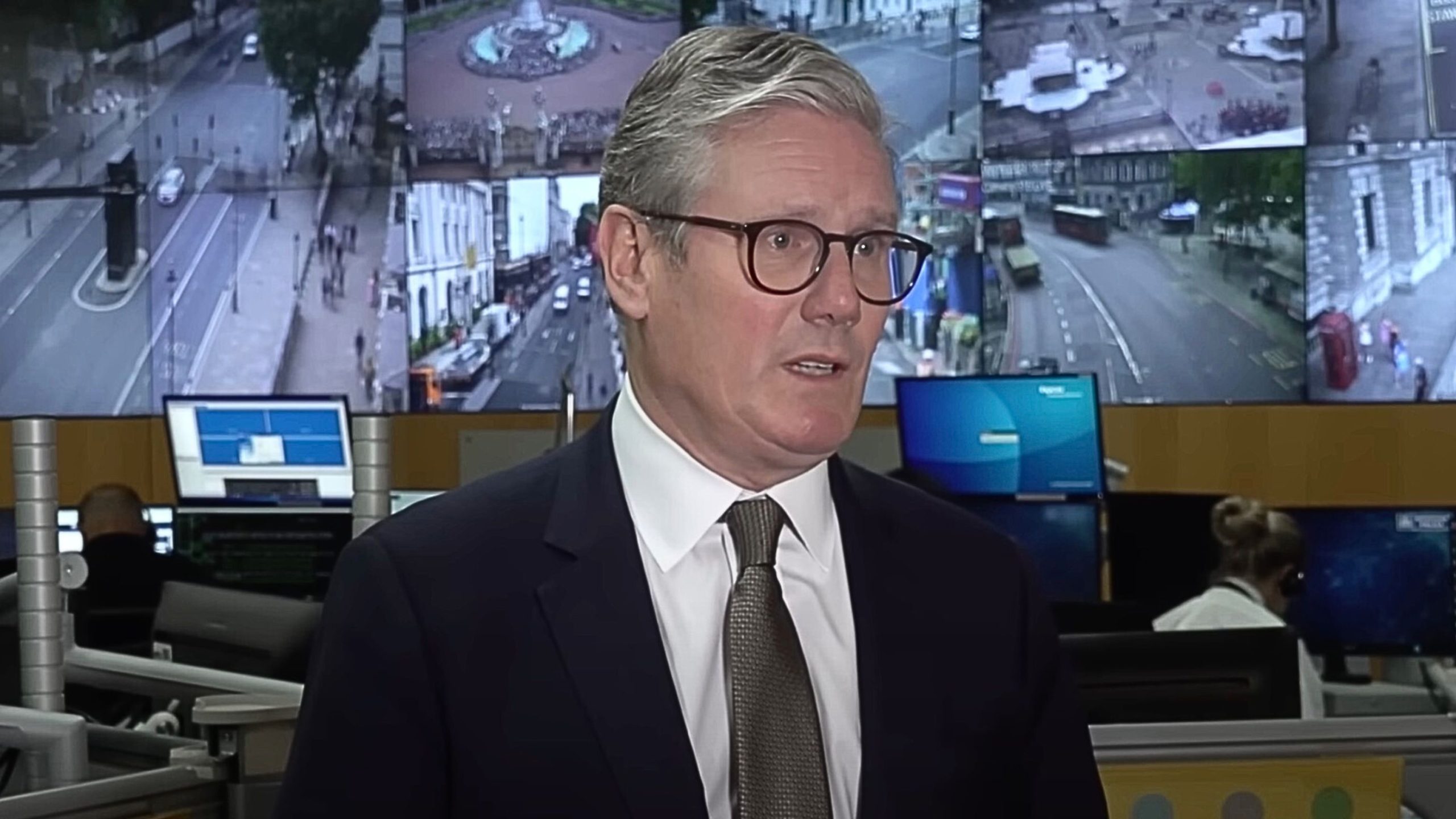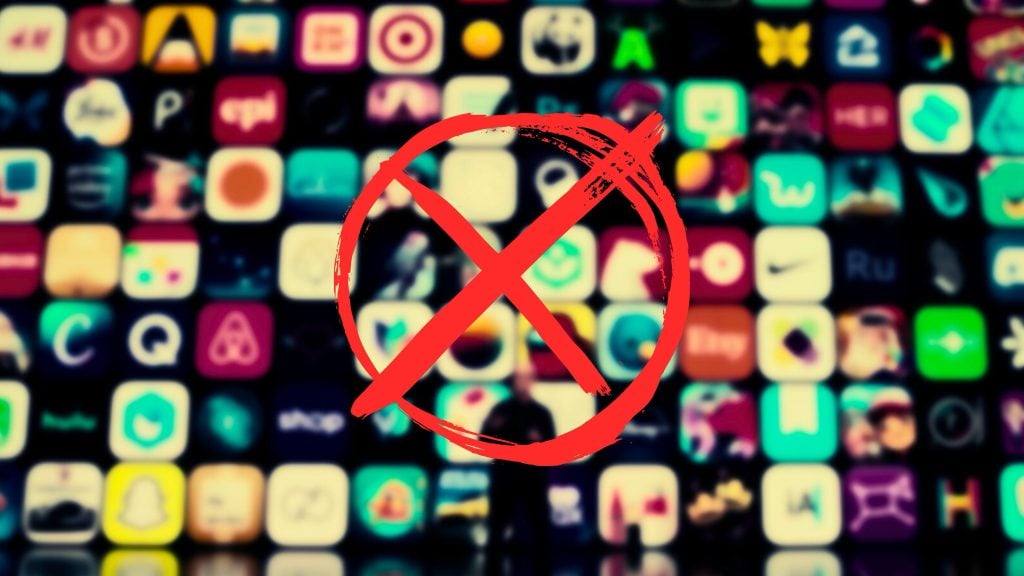Under proposals currently being considered, the Labour Party, led by the new Prime Minister Keir Starmer, plans to compel tech companies to eliminate “fake news” from their platforms. These measures, initiated in response to recent riots, have sparked controversy over potential infringements on free speech.
Keir Starmer, addressing these concerns last Friday, indicated that the government would reassess social media regulations to deter future disturbances. The Telegraph has reported that part of this reevaluation involves imposing obligations on social media entities to curb “legal but harmful” content. This would obligate platforms to limit or remove content spreading false information about various sensitive subjects, including asylum seekers and self-harm, irrespective of its legality.
Critics, however, have voiced apprehensions that these measures could suppress free expression. They argue that this demonstrates a more authoritarian inclination within Sir Keir’s Labour Party, potentially undermining foundational free speech principles by extensively policing speech that does not necessarily violate laws.
The discord has also touched upon interactions between the Prime Minister and Elon Musk, owner of X, especially regarding the handling of the riots. This proposed regulatory push would likely be incorporated into a broader review of the Online Safety Act enacted last year.
Originally, the Act included provisions to address “legal but harmful” content but was amended due to free speech concerns, eliminating such clauses after pushback. Critics had worried that these provisions might enable future governments to censor contentious viewpoints.
Authorities have responded to recent events by arresting individuals who allegedly supported the riots online.
As the potential reintroduction of the “legal but harmful” clause is debated, significant concerns remain over the subjective nature of determining what content is considered harmful and how such decisions would be enforced.










